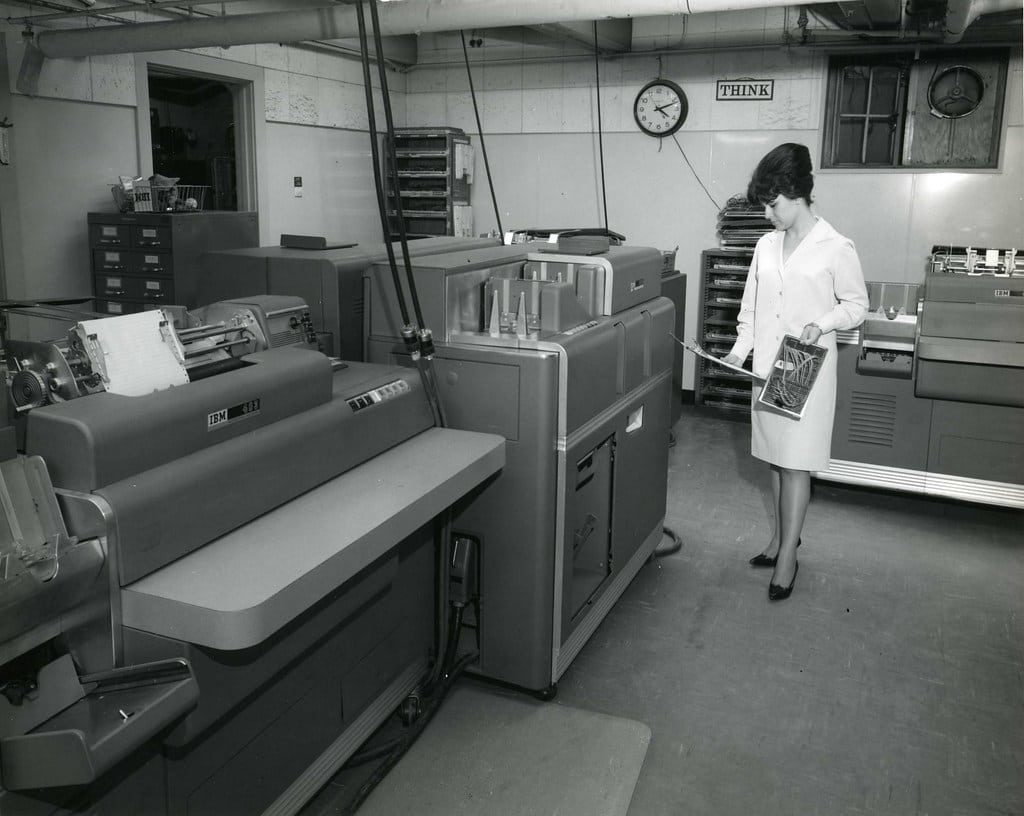An express license with respect to a patent is an agreement by the owner of a patent allowing another the right to make, use, or sell the patented invention. Essentially, a license prevents a patent owner from claiming that patent infringement has occurred. Express licenses are generally in written form and tend to be quite lengthy. On the other hand, an implied license is not agreed to by the patent owner and another, but is imposed by courts based on judicial equitable doctrines. The license is implied by operation of law.
There are many types of implied licenses that relate to patents. For example, the authorized sale of a patented product grants to the buyer an implied license to use the product. Indeed, the implied license extends to “any uses of the product to which the parties might reasonably contemplate the product will be put.” See Hewlett-Packard v. Repeat-O-Type Stencil, 123 F. 3d 1445 (Fed. Cir. 1997). There is also an implied license to repair a product that has been purchased, but there is no implied license to create or build a new one or to reconstruct a product that has been fully used up and expended.
The Hewlett-Packard (“HP”) case is instructive. The case involved ink cartridges for use in HP printers. HP had a patent on the cartridges and clearly intended that its ink-filled cartridges were to be discarded by the consumer after a single use. However, the defendant in the case operated a business that refilled the ink and affixed replacement seals on the cartridges. HP argued that its patents had been infringed, arguing that refilling the ink and replacing the seals was a “reconstruction” of the product, not a “repair.” The court disagreed with HP. The court held that refilling the ink and adding new seals was not a reconstruction of the ink cartridges and, therefore, fell within the implied license permitting repair of a patented product.
Implied licenses are also found with respect to express patent licenses. A well-settled example is that an express license for one patent is an implied license for any continuations of that patent. This implied license has been held to extend to second-generation continuation patents. See Cheetah Omni, LLC v. AT&T Services, Inc., 949 F. 3d 691 (Fed. Cir. 2020). That case involved the inter-relationship of four patents. The original patent was designated as the ‘925 patent from which two continuation patents were issued: the ‘714 patent and the ‘704 patent.
The parties engaged in extensive litigation over alleged infringement of the ‘714 patent which was settled in 2011. Part of the settlement included the patent owner granting express licences to the other parties. The express license covered “… all parents, provisionals, substitutes, renewals, continuations, continuations-in-part, divisionals, foreign counterparts, reissues, oppositions, continued examinations, reexaminations, and extensions of the …” ‘714 patent. Thus, as the “parent” patent, the ‘925 patent was included in the 2011 express license along with the ‘704 patent since it — like the ‘714 patent — was a continuation of the ‘925 patent.
Subsequently, another continuation patent was issued designated as the ‘836 patent. This was a continuation patent from the ‘704 patent. In 2017, the parties began litigation again — this time over the question of whether the ‘836 patent was being infringed. At the trial court level, the court concluded that there was no infringement based on an implied license. Being a continuation of the ‘704 patent, the ‘836 patent was the “grandchild” of the ‘925 patent. The court held that the express license for the ‘925 patent created an implied license for the ‘836 patent. The result was affirmed by the Court of Appeals.
For more information or if you have an invention or design that you want to patent, contact the patent lawyers at Revision Legal at 231-714-0100.




